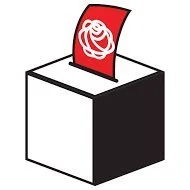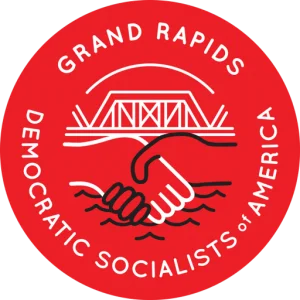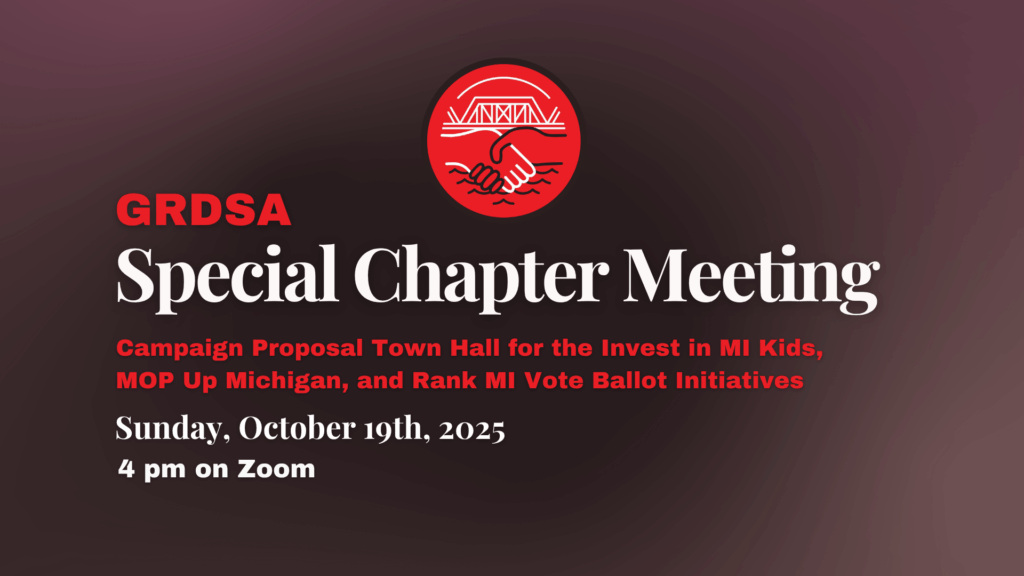

Why "Useless" Actions Matter: A Defense of Getting People Moving


DSA's 2025 National Convention: Red Slate Reflections


Hyperlocal, Hyper Effective: ANCs and Working-Class Governance


The Legend of David Schwartzman


Thinking of going to DSA National Convention? Here’s what to know!


Organizing Greenbelt against fascism w/ Frankie Santos Fritz


Retail Rent: A Leech on Our Communities


Endorsement: Frankie Fritz, Greenbelt Mayor & City Council
DSA is proud to endorse Frankie Santos Fritz for Greenbelt Mayor & City Council!
Frankie is a longtime local organizer and branch leader with Metro DC DSA. He is a proud member of a union family and plans to introduce a collective bargaining ordinance to cover the city workforce. Frankie is also a member of the Greenbelt Home Inc housing co-op and is championing laws to empower tenants who wish to convert their communities to cooperative or social housing.
Frankie plans to expand rent stabilization protections to cap annual rent increases with the rate of inflation. He is dedicated to supporting federal workers who are under attack from DOGE and the federal administration. His top transportation priority for the next term would be getting the long-promised Capital Bikeshare station built at the Greenbelt Metro Station and getting it stocked with numerous E-Bikes.
Check out the rest of Frankie’s campaign priorities!

Who are our other candidates?
DSA’s Nationally-endorsed socialist candidates are running for local office in Washington, Minnesota, Colorado, Michigan, New York, New Jersey, Maryland, and Massachusetts!
Our candidates are incredible fighters for the working class, championing rent stabilization and higher minimum wages, while also protesting ICE’s human rights violations.
This year, we launched a rotating fundraising slate and held phonebanks to foster cross-chapter solidarity. And we’ve raised over $100,000!



Special Chapter Meeting: Campaign Proposal Town Hall

This is a special meeting of the GRDSA Chapter to consider a proposal to endorse and support several ballot initiatives.
We will have reps from each campaign to give a brief presentation and answer any questions. Then chapter members will present a proposal to endorse and circulate these petitions as a chapter.
Michigan for the Many (M4M) is an alliance between the MOP Up Michigan (Money Out of Politics) and the Invest in MI Kids (wealth tax to fund education).
Rank MI Vote (RMV) would amend the Michigan Constitution so that we would use Rank Choice Voting (instant runoff) for elections.
Join us Sunday, October 19, 4pm, on Zoom to hear how these initiatives can empower the working class of Michigan.
The post Special Chapter Meeting: Campaign Proposal Town Hall appeared first on Grand Rapids Democratic Socialists of America.
